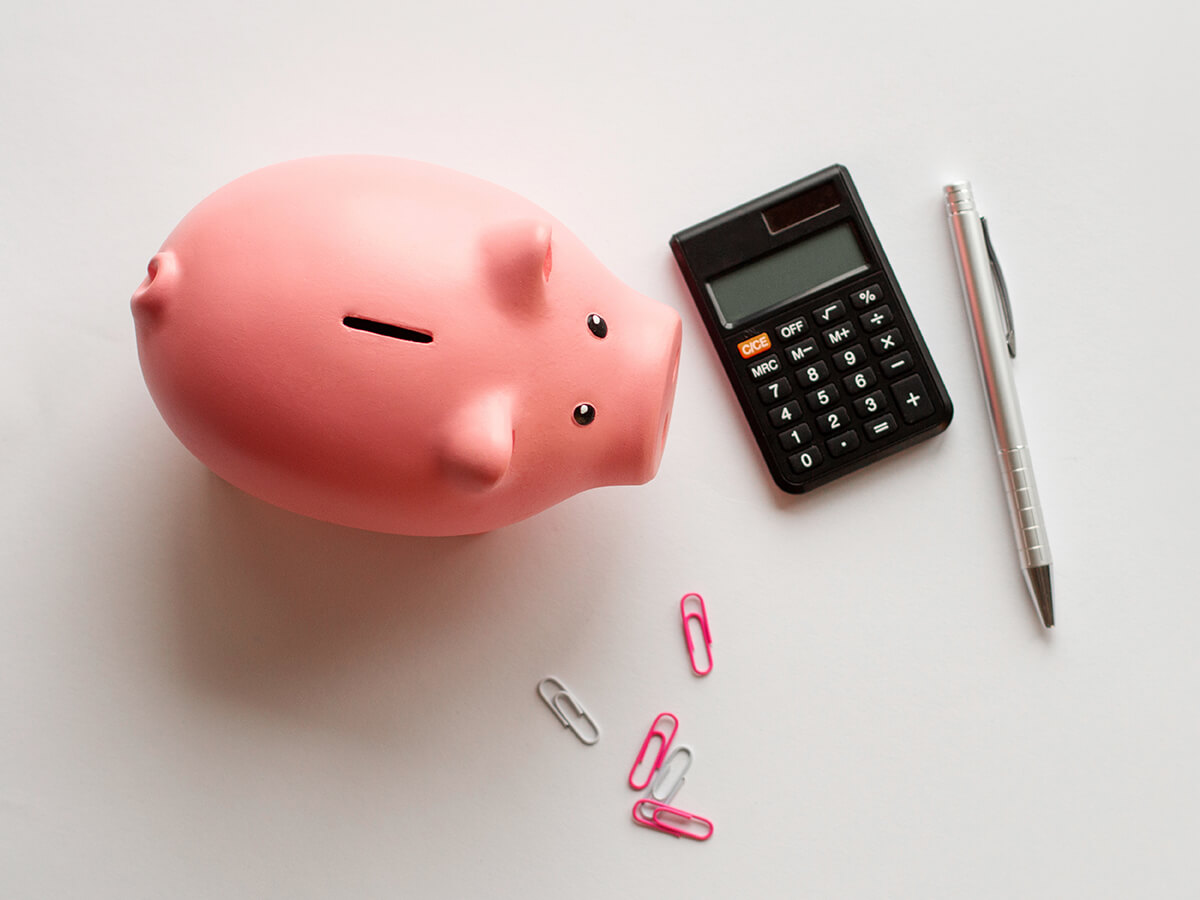Are you considering investing in a fixed deposit (FD) of Rs 30 lakh and wondering how much interest you can earn on this investment monthly?
Fixed deposits are a popular choice for secure and stable returns, but understanding the potential monthly interest on FD can help you make a more informed decision.
In this blog post, we will break down the calculations for you and how you can calculate monthly interest on FD and provide insights into different types of FDs such as tax-saving FDs and senior citizen FD rates.
Understanding fixed deposits
A fixed deposit is a secure investment option offered by banks and non-banking financial organisations (NBFCs). It allows you to invest a lump sum amount for a predetermined period at a specified rate of interest. The interest earned on an FD depends on various factors, such as the amount invested and the duration of the deposit.
Cumulative fixed deposits
In a cumulative fixed deposit, the interest is compounded over the duration of the deposit and paid at maturity. This means that the interest you earn each year is reinvested in the principal, resulting in a higher return.
Non-cumulative fixed deposits
In contrast, non-cumulative fixed deposits provide regular interest payouts at specified intervals. You can choose to receive interest monthly, quarterly, half-yearly, or annually. The interest is calculated using the simple interest formula.
Non-cumulative FDs are suitable for individuals who require a steady income stream and want to plan their expenses accordingly. It is particularly useful for retirees or pensioners who need regular payments to cover their daily and monthly costs.
Calculating monthly interest on a Rs 30 lakh fixed deposit
Now let's dive into the calculation of monthly interest on a Rs 30 lakh fixed deposit. The formula to manually compute the interest is as follows:
Interest on FD = Amount Invested x Interest Rate x (Duration/12 months)
Using this formula, let's calculate the monthly interest for an FD of Rs 30 lakhs at an interest rate of 8% per annum for one year:
Monthly Interest = Rs 30,00,000 x 8% x (1/12) = Rs 20,000
So, with an investment of Rs 30 lakh in an FD at an interest rate of 8% per annum, you can expect to earn approximately Rs 20,000 as monthly interest.
Remember that this is just an example based on the given parameters. The actual monthly interest on FD may vary based on market conditions and the policies of financial institutions.
If manual calculations seem daunting or time-consuming, you can use online FD calculators.
Which type of FD is suitable for you?
Choosing between cumulative and non-cumulative FDs to earn monthly interest on FD, depends on your financial goals and cash flow requirements.
If you have a lump sum amount that you don't need immediately and want to maximise your returns over time, a cumulative fixed deposit is ideal.
On the other hand, if you need a steady income stream or have irregular cash flows, a non-cumulative FD with regular interest payouts is more suitable.
Additionally, if you are looking for a tax-saving investment option, you can consider a tax-saving FD. These fixed deposits come with a lock-in period of five years and offer tax benefits under Section 80C of the Income Tax Act. By investing in a tax-saving FD, you can save taxes while earning attractive returns.
Fixed deposits (FDs) for senior citizens also offer higher interest rates than regular FDs. Higher senior citizen FD rates can lead to more earnings and interest earned can also be converted into a monthly income to provide a steady flow of income after retirement.
Conclusion
If you are planning to invest Rs 30 lakhs in an FD, it's important to consider factors like the type of FD, monthly interest on FD, and your financial goals. Additionally, using an FD calculator will help you determine the exact monthly interest amount based on your investment parameters.
Mahindra Finance offers a range of fixed deposit options that cater to different needs and requirements. The competitive interest rates and flexible tenure options make Mahindra Finance a reliable choice for individuals seeking stable returns on their investments. Consider exploring Mahindra Finance's FD offerings to secure your future financial goals.
FAQs
Q: Can I save taxes by investing in a fixed deposit?
A: Yes, you can save taxes by investing in tax-saving fixed deposits. These FDs come with a lock-in period of five years and offer tax benefits under Section 80C of the Income Tax Act.
Q: Are senior citizens eligible for higher interest rates on fixed deposits?
A: Yes, many financial institutions offer higher interest rates for senior citizens as compared to regular customers.
Q: Is it possible to calculate the maturity amount of an FD using an FD calculator?
A: Yes, you can use an FD calculator to determine the maturity amount of your fixed deposit.
Here are the steps to calculate the maturity value of a fixed deposit:
Identify the principal amount (P): This is the initial amount you deposited.
Determine the rate of interest (r): This is the annual interest rate in percentage.
Determine the duration (t): This is the time period of the deposit in years.
Apply the formula: Use the formula MV= P×r×t/100
Calculate the maturity value (MV): This gives you the total amount you will receive at the end of the tenure.
You can also calculate the maturity amount using the Mahindra Finance Fixed Deposit (FD) Calculator.
Q. Are all types of fixed deposits taxable?
No, not all types of fixed deposits are taxable. Tax-saving fixed deposits offer tax benefits under Section 80C of the Income Tax Act.






















































